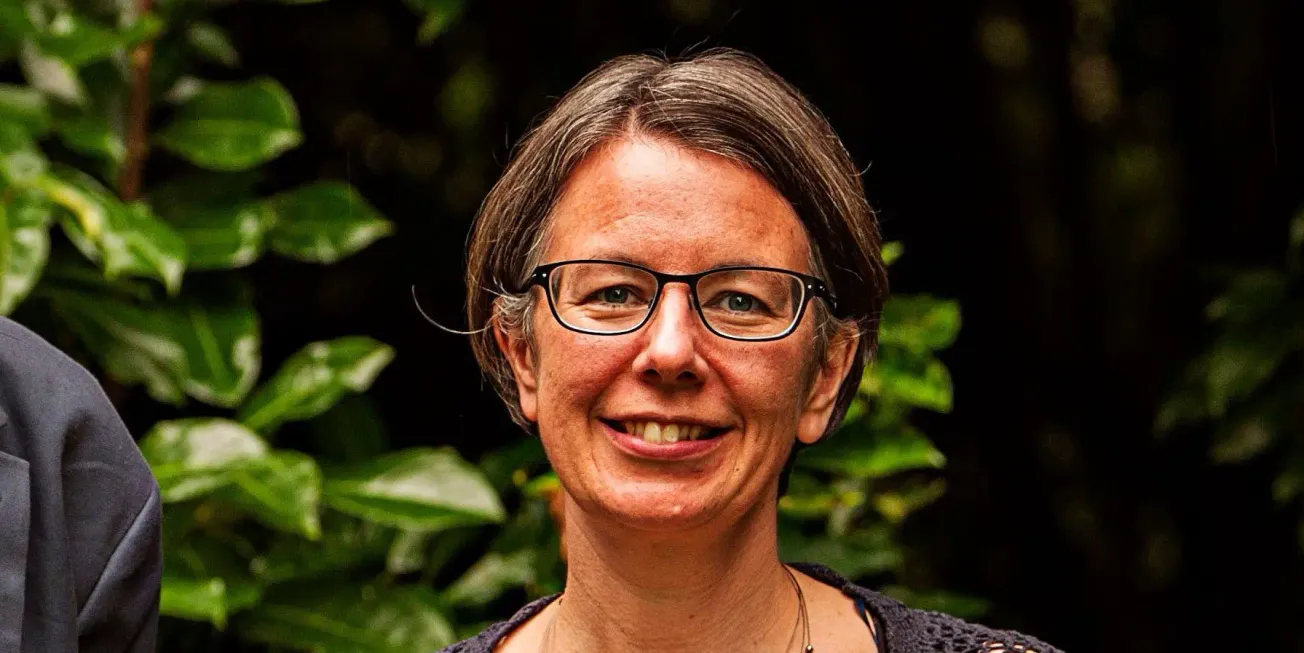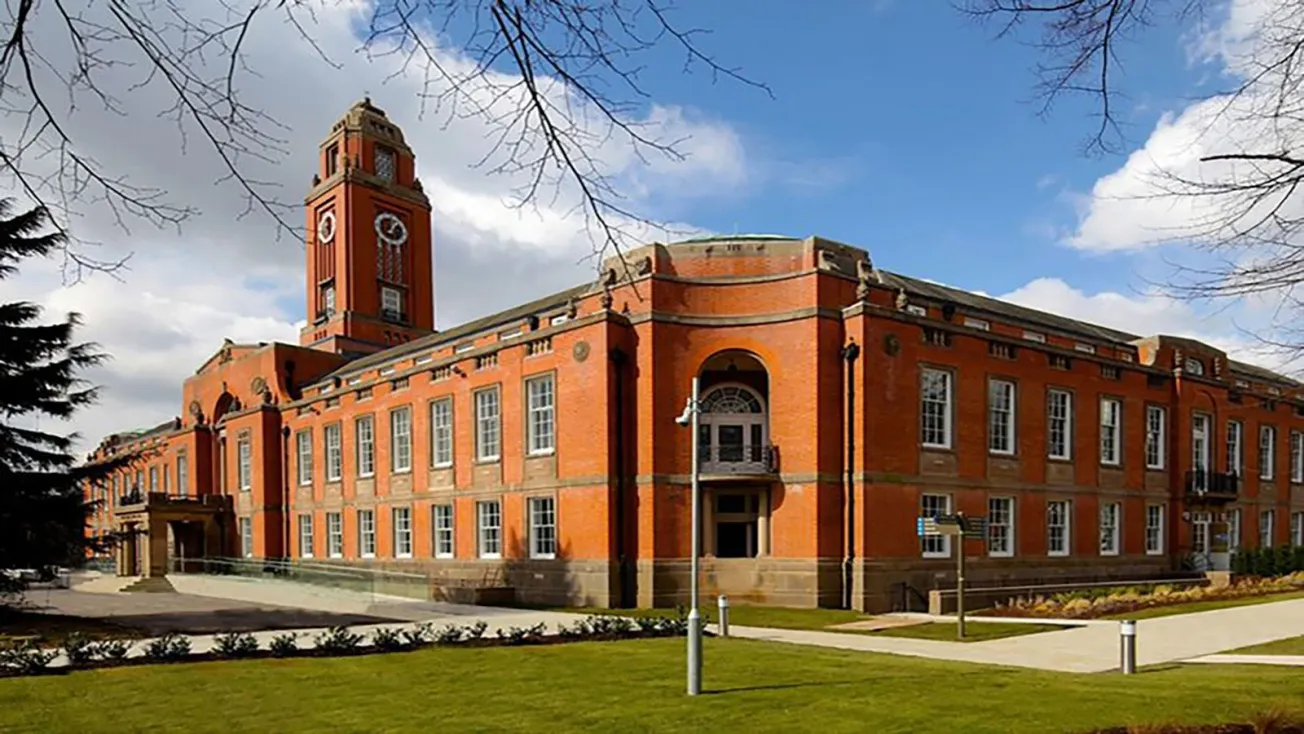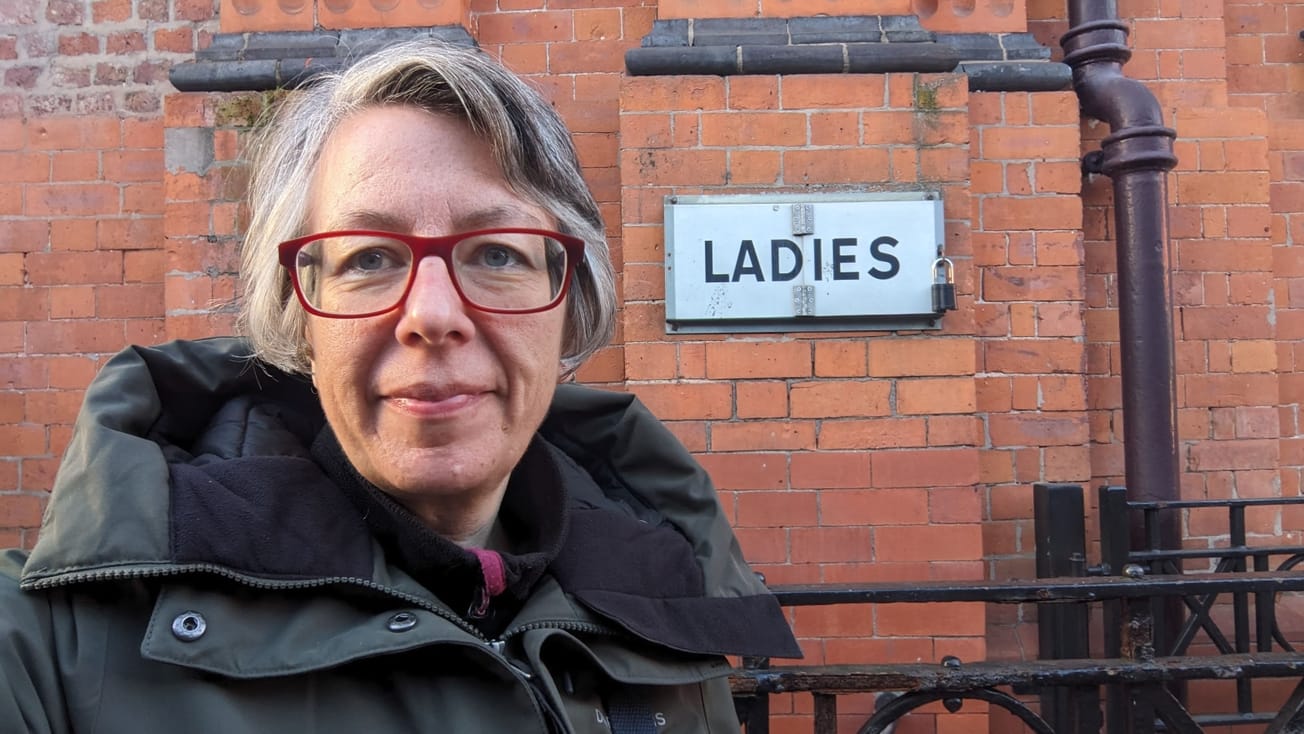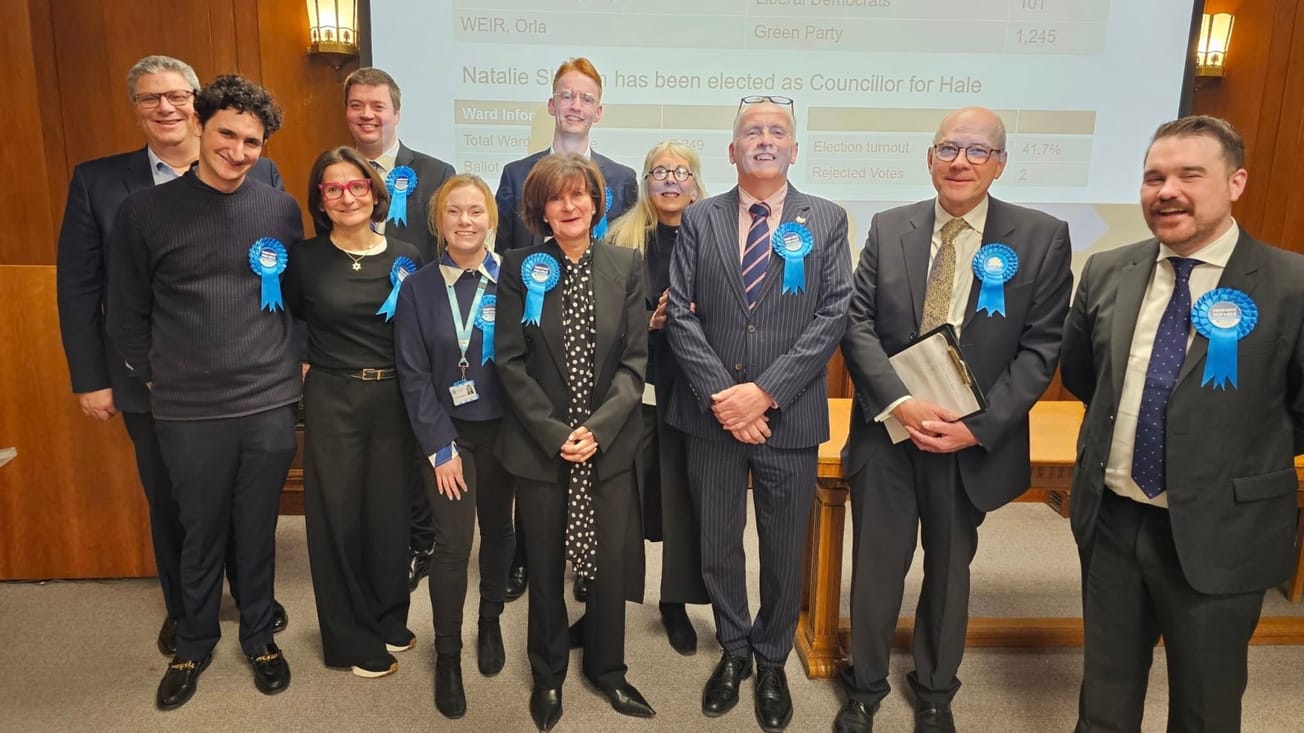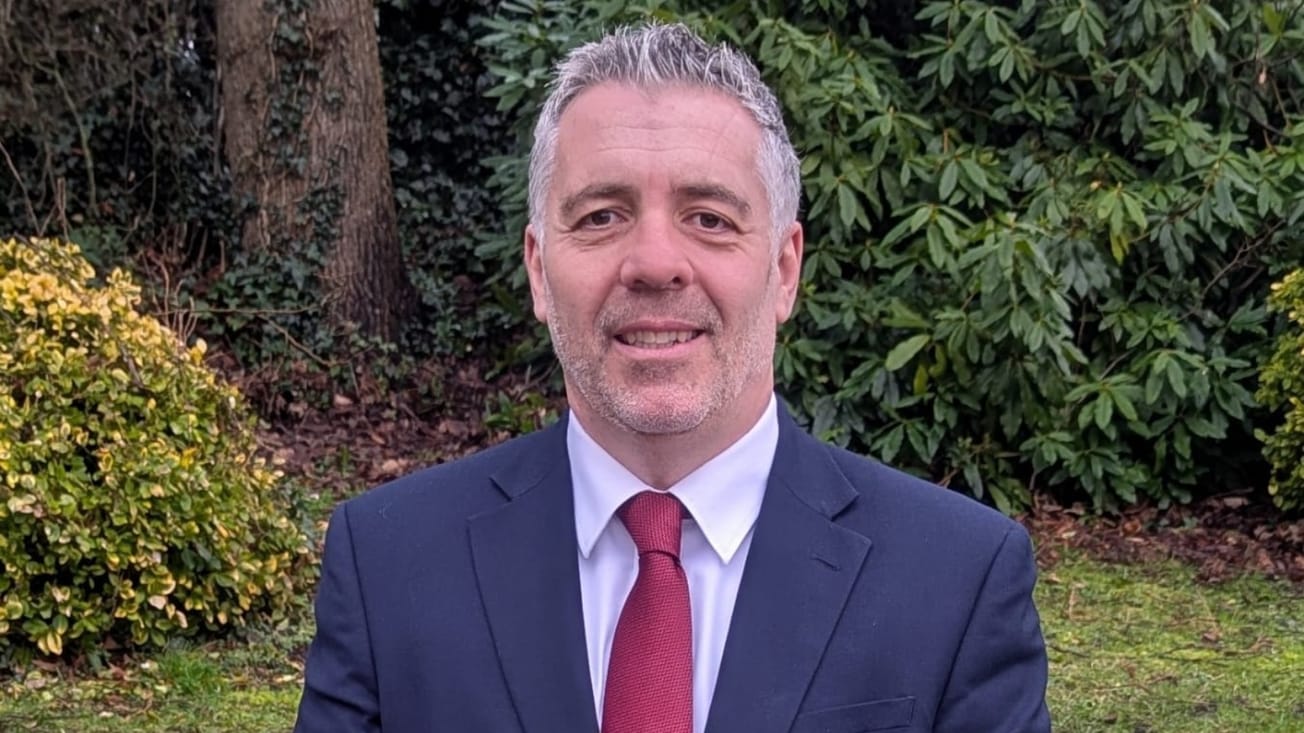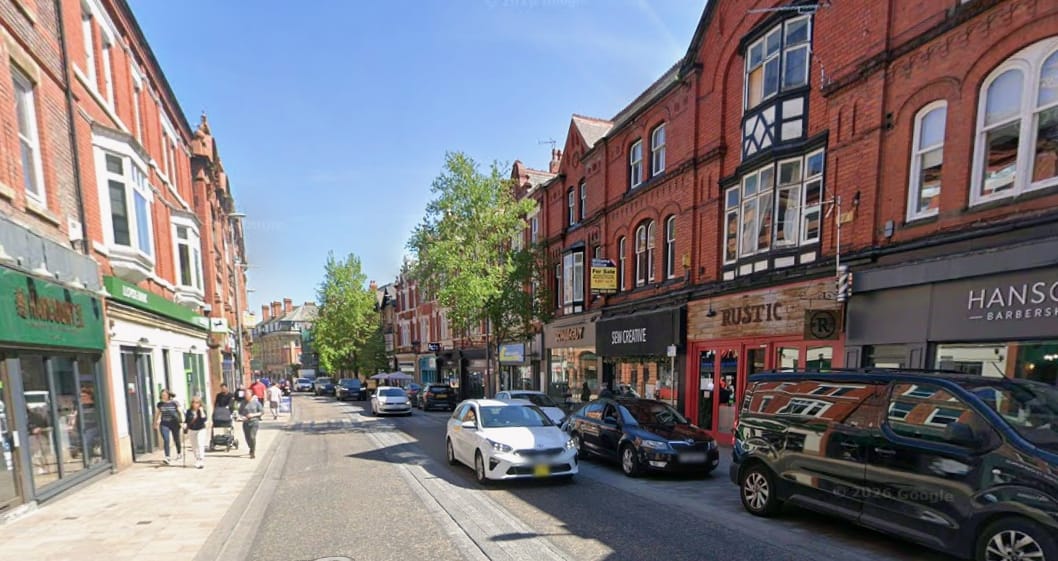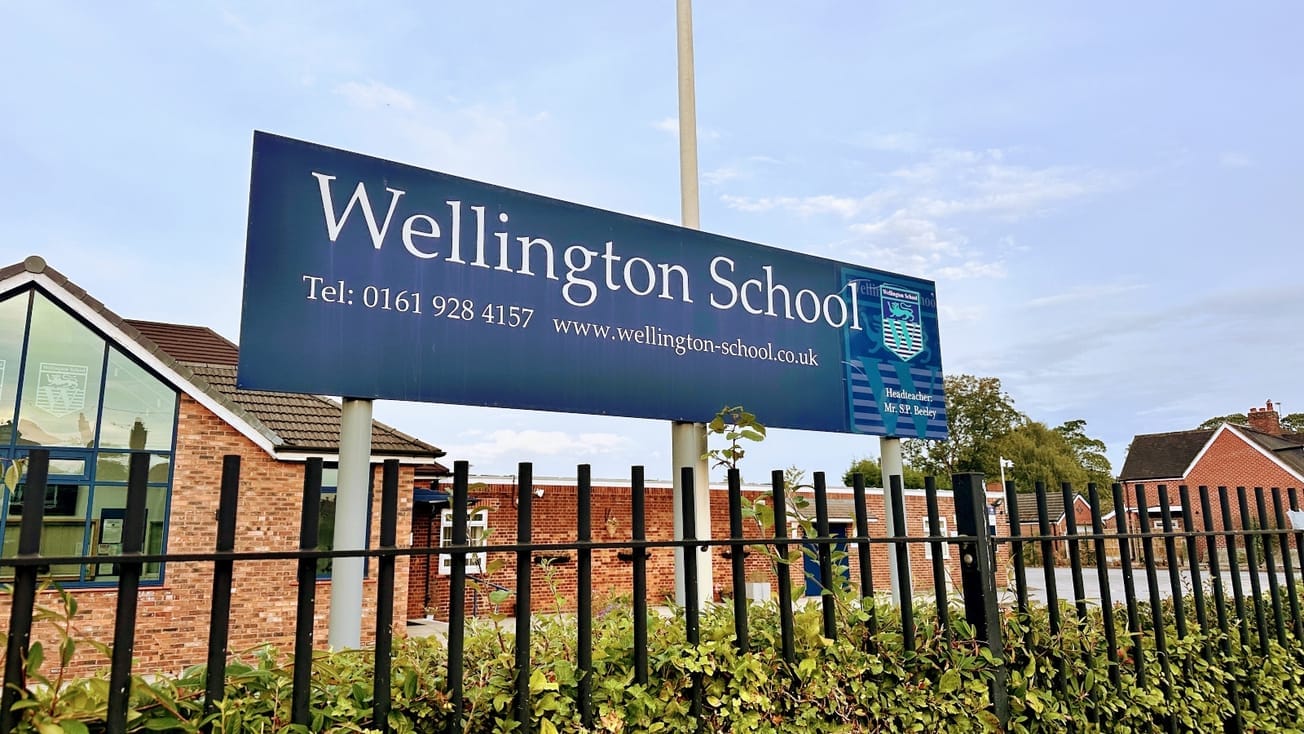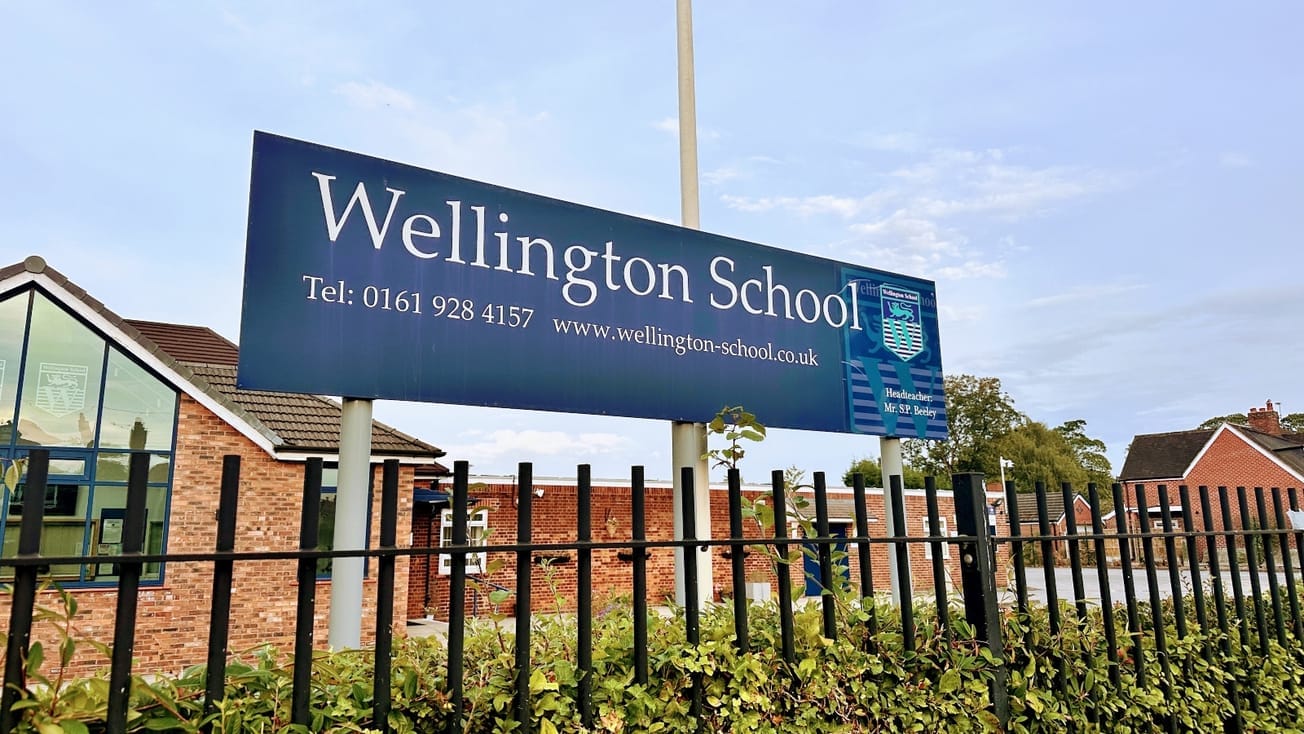This week we’re asking the six general election candidates for the Altrincham & Sale West constituency for their views on certain key issues.
Last week we asked our Facebook community for the questions they’d ask the candidates: Sir Graham Brady (Conservative), Geraldine Coggins (Green), Angela Smith (Liberal Democrat), Andrew Western (Labour), Neil Taylor (Liberal Party) and Iram Kiani (Independent).
We’ve selected a shortlist using a mix of questions that were upvoted by the community and questions that ensure the candidates cover as broad an array of topics as possible.
Each candidate has then had a few days to come up with their answers to the same set of questions.
All their responses can be found here.
Today it’s the turn of Green Party candidate, Geraldine Coggins.
DAN McMULLAN: What are the candidates’ views on assisted dying for the terminally ill – this is a topic which I’ve not heard any party talk about but is a matter a significant number of people believe needs looking at again.
GERALDINE COGGINS: Hi Dan. Thanks for bringing up this important subject.
The Green Party supported the Assisted Dying Bill in 2015. We believe that the current legal arrangements are failing those who have expressed a clear wish to end their lives, taking away their ability to die with dignity. I believe we need a government inquiry into the state of the law, to understand the harm the current ban is causing, and to act on its findings.
We also need to invest much more in palliative care, to ensure that everyone in Britain is able to receive the best possible treatment as they die. However, we also need to acknowledge that even with the best possible care, there will be those who want to end their suffering. I would support legislation to allow them to do this while ensuring that appropriate and robust legal safeguards are in place.
VITTORIA ELISA: Will you protect Green Belt land in the area?
GERALDINE COGGINS: Hi Vittoria. This is a really important question in Trafford, where Green Belt at Timperley Wedge and Carrington Moss is under threat. We have led on Trafford Council on protecting the Green Belt. We’ve asked for the current plans to be redrawn to prioritise meeting our climate emergency responsibilities, which will mean protecting our green spaces.
We have a housing crisis but developers are making a fortune carving up our countryside for homes that most families can’t afford to live in. But the threats can’t be tackled without changing the national strategy on this. We’d like to change the planning system to encourage renovation, and improvement of existing buildings, rather than relying on new build. We’d like councils to have more powers to set their own planning policies, based on local and national housing need, not developers’ greed. We’d also bring in a sustainable economy bill, with binding targets and a powerful new enforcement body to ensure our economy functions within environmental limits.
We’ve got to prioritise the health and wellbeing of people and nature above short-term profit and economic growth.
NICK ROBINSON: What, in your view, are the causes of us needing to have five food banks in one of the richest constituencies in one of the richest countries in the world?
GERALDINE COGGINS: Yes, Nick, as the sixth richest country in the world, it is absolutely indefensible to have people relying on food banks and instituting a decent welfare system that treats people with dignity should be a top priority. According to the Trussel Trust, 2,675 emergency parcels were given out in this constituency in the last six-month period, a record that any government should be deeply ashamed of.
It is very clear that the primary cause is the decade of cuts we have seen, including the introduction of universal credit and its cruel sanctions regime. We need to transform and properly fund our social welfare system. We, in the Green Party, want to introduce a Universal Basic Income. This is an unconditional financial payment to everyone at a level that allows them to meet their basic needs. This would transform our work and social lives and give us a more balanced society where people work to live, rather than living to work.
We also need to look at the inequality in our society and the other root causes of poverty. Poverty is a result of political decisions and by making the right political decisions we can lift everyone out of it. We need to build a more equal country where everyone can live a decent, secure life.
JAMIE BUCKTON: With the large increase in crime around the constituency over the last couple of years, what are your plans to tackle it?
GERALDINE COGGINS: Hi Jamie. The Green Party thinks it’s time to transform our justice system. We want to tackle the underlying causes of crime and focus on the prevention of crime with community-based policing, alongside investment in education and employment.
60% of newly released short-term prisoners reoffend in the year after their release, often graduating to more serious crimes We would significantly reduce prison population and the number of short-term prison sentences handed out. This has been successfully achieved in the Netherlands, breaking the vicious cycle of reoffending. Instead, we’d put restorative justice projects in place. These have a track record of preventing reoffending as well as letting victims of crime have their say.
SARAH SCOTT: Given Altrincham and Sale West is a Remain voting area, how will you represent your constituents on the Brexit issue?
GERALDINE COGGINS: Hi Sarah. So many people in this area agree that Brexit is one of the greatest threats hanging over this country. Many of them feel let down by the current government and the lacklustre opposition.
Trafford’s economy will be particularly badly hit by Brexit. I don’t want to see job losses, the end of freedom of movement, a weakening of environmental protections and human rights. Most of all, I don’t want to see any threat to the peace process and way of life in Northern Ireland and around the border.
The Green Party are actually the *only* party committed to both having a people’s vote and campaigning to remain.
A people’s vote will be a chance for you to have your say on the final deal, to take back control and break the Westminster deadlock. And when that vote comes, we’ll be campaigning strongly to remain.
But we also need to tackle the causes of Brexit – the broken political system, the inequality, the funding cuts.
We’re willing to work across party boundaries to resist Brexit. We believe in working across national boundaries to tackle poverty, inequality and climate chaos. A Green vote is an opportunity to choose remain, to choose a people’s vote and to choose Project Hope over Project Fear.
KATIE SALINGER: I’ve seen manifestos from the parties with details of what each party will deliver. A lot of those promises are longer term, and outside of the immediate 5 year fixed term. What promises are you making for the immediate 12 months after your election in our constituency?
GERALDINE COGGINS: Hi Katie. Good question! With the scientists telling us we have until 2030 to take decisive action on the climate emergency, the first two years of the next parliament will be crucial. There is a good chance we will end up with a hung parliament again this time around, and Green Party MPs, like Caroline Lucas, may hold the balance of power. We are fully prepared for this scenario and have 10 bills ready to go to:
- Tackle the climate emergency at the speed and scale that the science demands;
- Decide the future of our country as part of the European Union once-and-for-all with a People’s Vote. This will include a Remain option which I will be supporting.
- Create a society that is equal, fair and works for everyone.
MICHAEL BATTMAN: What are the candidates’ views on state-funded religious schools?
GERALDINE COGGINS: Hi Michael. We have a vibrant mix of faiths in this area and it is very important that we support everyone to live according to their beliefs. We would defend the right of people of all faiths – to express their faith through religious clothing, food and so on. We also need to make sure young people and staff in schools can have appropriate places to pray and opportunities to celebrate religious festivals.
I would distinguish between religious instruction and religious education. We believe that all children need religious education – understanding the diversity of beliefs across different traditions. This should clearly be taught in state-funded schools. Religious instruction, however, I don’t believe should be on the curriculum in state-funded schools.
ALISON O’CONNELL: What’s your stance on WASPI women – will you be supporting an initiative to make up the £40,000 in lost pension we have lost?
GERALDINE COGGINS: Hi Alison. The WASPI women (Women against State Pension Inequality), born in the 1950s, have been unfairly penalised by unnecessarily abrupt changes to the pension age brought in by the Coalition Government. As part of our commitment to social justice and improving quality of life, we want to see reform of the social welfare system. We have a fully costed plan to introduce a Unviersal Basic Income – a weekly payment for everyone, replacing the current benefits system and lifting everyone up. This would be phased in starting with the WASPI women. We will also look at additional ways of addressing this injustice, which has affected hundreds of thousands of women.
DANIELLE MOLYNEUX: How are you going to address the climate crisis?
GERALDINE COGGINS: Hi Danielle. Last year, the IPCC, the world’s leading climate scientists released their groundbreaking report, saying that we have until 2030 to make decisive changes to stop catastrophic climate change. This parliament may sit for five of the next 10 years, half of the time we have left to make this change. That is why this must be just not the Brexit election, this must be the climate election.
As leader of the Green Party on Trafford Council, I was proud to bring one of the first climate emergency declarations in the country. Across the country, and indeed across the world, the Green Party have been the only ones who have always spoken up on the climate emergency. Many people feel that we are the only ones who can be trusted to tackle the crisis and that the people and parties who got us into this mess are not the ones that are going to lead us out of it.
In our Green New Deal, we have a fully costed plan that will kickstart a new green economy, giving us healthier, happier lives as well as tackling social injustice. We want to see massive investment in renewables, in insulation and sustainable transport. We would have a phased-in carbon tax as greener alternatives become widely available. And we’d have a carbon chancellor at the heart of government, setting yearly carbon budgets to drive our economy to net 0 emissions by 2030.
Big problems need big solutions and no other party has shown the commitment and ambition we have for tackling the biggest problem we face.
Every Green vote is a vote to put tackling the climate emergency at the heart of government. Every Green vote will have an impact for years and decades to come, in a way that voting for the business-as-usual parties never will. If there ever was a time to vote Green, this is it.
EMMA STANTON: What are you going to do about the fact that there is now a generation of young people who were born and raised around Trafford who can now not afford to live in their hometown because house prices / rent are completely unattainable in this area?
GERALDINE COGGINS: Hi Emma. This is one of the pressing questions in our area. We would tackle this through our Green New Deal for Housing. This would bring better insulation for all homes that need it, delivering major heating upgrades for 1 million homes a year and the creation of 100,000 new energy efficient council homes a year.
We would transform the lives of renters, by increasing housing security and bringing rent levels down, especially in places where they currently far outstrip incomes, like many parts of Altrincham and Sale West. We will introduce rent controls on private tenancies, which reflect average local income rates and the cost of maintenance.
We would also end no-fault evictions and make it easier to set up community-led housing initiatives and for private renters in Houses of Multiple Occupancy to buy and run their home as a housing co-op.
We would give communities the first chance to buy local land that comes up for sale by extending Scotland’s Community Right to Buy policy to England and Wales. Communities will then be able to directly deliver new affordable homes on purchased land, supported by the Community Housing Fund (which the Government plans to end in 2020, but we will maintain for at least another three years).
We would introduce a Land Value Tax that would help stabilise the property market and shift the burden of taxation from land users, including renters and business tenants, to wealthy landowners. It’s a critical part of how to tackle the housing crisis.
PAUL McCARTHY: Will you support the saving of Stamford Park Infant and Junior Schools from demolition, in favour of architectural remodelling on the same site?
GERALDINE COGGINS: Hi Paul. These lovely historic buildings look great and are a local landmark. We’ve also spoken to many parents and some staff who work in them. They’ve told us of the difficulties they have and things clearly can’t go on as they are.
We want to see genuine engagement from the council with parents, teachers, children and local residents about this. This should not be a top-down decision, it needs to be made in full consultation with the community.
We also need more school spaces. As a councillor in Altrincham, I’ve been contacted by many families struggling to find a space in local primary schools. The amalgamated school if it goes ahead will take in an extra 20 pupils per year. These places are badly needed in the area.
We’d love to see the Council build an energy-efficient, larger school in the same location, instead of demolition. But there doesn’t seem to be any proposal on the table that allows this to be done given the funds available.
ANNA WHITE: What youth services are you going to provide within the borough to help reduce knife and other crime? (Anne White)
GERALDINE COGGINS: Hi Anne. I’ve been really worried by the rise of knife crime, here and around the country. I agree that getting the right youth services in place is key to turning this around. Again the cuts we’ve seen in the last decade have taken away support from young people and families. Troubled young people have been let down by this government and can’t find help when they need it most.
We’ve got to reinvest in youth services and centres, to help turn at-risk children away from crime. All the evidence shows the cuts in youth services have increased crime, especially knife crime. To end knife crime once and for all we need to invest in specialist programmes provided through youth centres.
ROSA CROSBIE: How do you propose to tackle the problem of groups of young people committing anti-social behavior and assaulting and intimidating both youngsters and adults?
GERALDINE COGGINS: Hi Rosa. As I said in response to Anne’s question above, we’ve got to build back up our youth services.
We also need to see more police on our streets. We’ve lost 20,000 police in recent years and the holes in the system are showing. As well as having more police, we need to integrate police forces more closely with the communities they serve. We’d create new community liaison and equality officers to work on positive relations and by putting more police on the beat.
We also need to look at focusing funding on our mental health services. We know that mental health problems amongst our young people are at crisis levels. Yet support is often unavailable. If our young people had access to the help they need they could live happier, more fulfilling lives without turning to ASB. We need to support all our young people to live up to their full potential.
MARK GORMAN: What’s your favourite cheese?
GERALDINE COGGINS: Green cheese, of course!

